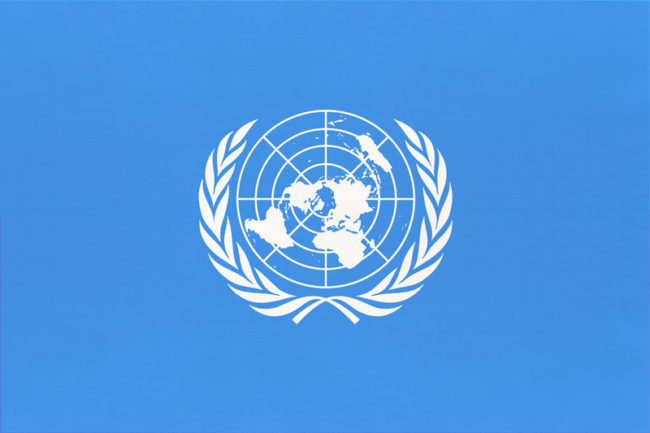
In an unprecedented move, the Iranian government’s brutal repression of current mass protests against maltreatment of women will be investigated by the top human rights body of the United Nations.
Volker Turk, chief of the UN’s Human Rights office, underlined how Iran’s “Islamic Revolutionary Guard Corps and Basij forces have used live ammunition, birdshot and other metal pellets, teargas and batons” to crush the protests which have spread to a reported 150 cities and 140 universities in all provinces of Iran.
The UN Human Rights Council decision today to investigate Iranian repression is important, even historic, because for the first time it could open pathways for human rights defenders to seek prosecution before international courts of Iran’s theocratic government. It represents very significant reputational risk for Iran in the international community’s perception, including among developing countries. It is also a victory for America’s team at the Council’s special session on Iran, called by US allies Germany and Iceland.
The crisis was sparked by the death in September in police custody of 22-year-old Jina Mahsa Amini, an Iranian Kurd. More than 300 people have been killed in protests, including at least 40 children, since her death after her arrest for not wearing her hijab (Muslim head scarf) properly. At least 15,000 people have been arrested and the Iranian regime is now reportedly threatening protesters with the death penalty, according to Turk’s office.
“Civil society actors have been targeted and arrested from their homes and workplaces, among them human rights defenders, journalists, and lawyers. Arrested protesters continue to be denied access to a lawyer. Many face national security charges with lengthy prison sentences,” Turk said. “Hundreds of university students have been summoned for questioning, threatened or suspended and barred from entering university campuses.”
The Council debate underscored the widening divide between US-led democracies and rival authoritarian governments. Russia strongly defended Iran saying the decision was yet another example of the US and its Western allies using human rights as a weapon to stigmatize and pressure Tehran to create domestic political unrest.
Tehran’s representative in the Council called the decision “appalling and disgraceful.” She insisted that Iran was taking the necessary measures to ensure justice for protestors, including formation of an independent, parliamentary investigation commission as well as a forensic medical team. She blamed Western interventions in the internal affairs of Iran for turning peaceful protests into riots and violence. Turk said the government’s efforts “have failed to meet international standards of impartiality, independence and transparency”.
Forcefully rejecting Iranian claims, the UN’s special rapporteur on human rights in Iran insisted that the government had “consistently presented unsubstantiated reports and reiterated assertions claiming that Jina Mahsa did not die as a result of any violence or beatings.” Iran’s government denied “the killings of children by security forces, claiming that they committed suicide, fell from a height, were poisoned or killed by anonymous ‘enemy agents’”, he said.
The Council’s decision is an important step forward but does not necessarily mean that an effective investigation will be conducted because investigators may not be allowed to visit Iran and collect evidence. Teheran may simply turn its back on the investigation despite reputational risk to the government because it will have support from Russia and China. Beijing is already strenuously pushing back against pressure for an investigation of its human rights violations against the Uighur people in Western China.
















